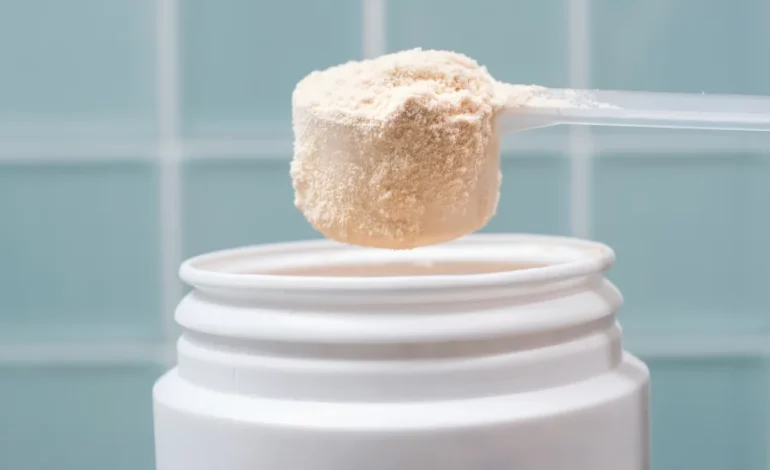With input from NPR and CBS News.
A new Consumer Reports investigation found what it calls “concerning” lead levels in many popular protein powders and ready-to-drink shakes. Before you dump your tub, context matters: CR tested multiple samples of 23 products and says more than two-thirds delivered more lead in a single serving than its own daily threshold.
Some plant-based powders skewed highest on average; dairy-based options tended to be lower, though plenty still crossed CR’s line.
That line is strict. CR uses 0.5 micrograms per day, derived from California’s Prop 65 — a very conservative benchmark, not a federal limit. The FDA doesn’t set binding lead caps for supplements, but it does use interim reference levels of 8.8 micrograms per day for adult women of childbearing age and 2.2 micrograms for children to judge potential concern. The agency says it’s reviewing CR’s findings alongside its own sampling data. Industry groups caution that ultra-sensitive tests can detect trace, naturally occurring metals and that exceeding CR’s threshold isn’t the same as breaking a government safety standard.
So, should you panic? No. There’s no known “safe” amount of lead, and long-term, repeated exposure is the real worry, but even the highest products CR found were far below anything that would cause immediate harm. The practical takeaway is about habits, not fear: daily dependence on shakes — especially some plant-based powders — could nudge your cumulative exposure up over time. Occasional use is a different story.
If you want to keep using powders, read labels and be choosy. Products carrying Prop 65 warnings are worth a second look. Consider whey-based options if you tolerate dairy, or pick brands that undergo rigorous third-party testing (USP is a strong mark). Rotate in real-food protein like Greek yogurt, eggs, beans, tofu, nuts, and lean meats, which don’t come with the same supplement testing gray areas. And if you’re using a zero-premium plan with a high deductible as your excuse to skimp on checkups — don’t; routine care is still your best safeguard.










The latest news in your social feeds
Subscribe to our social media platforms to stay tuned